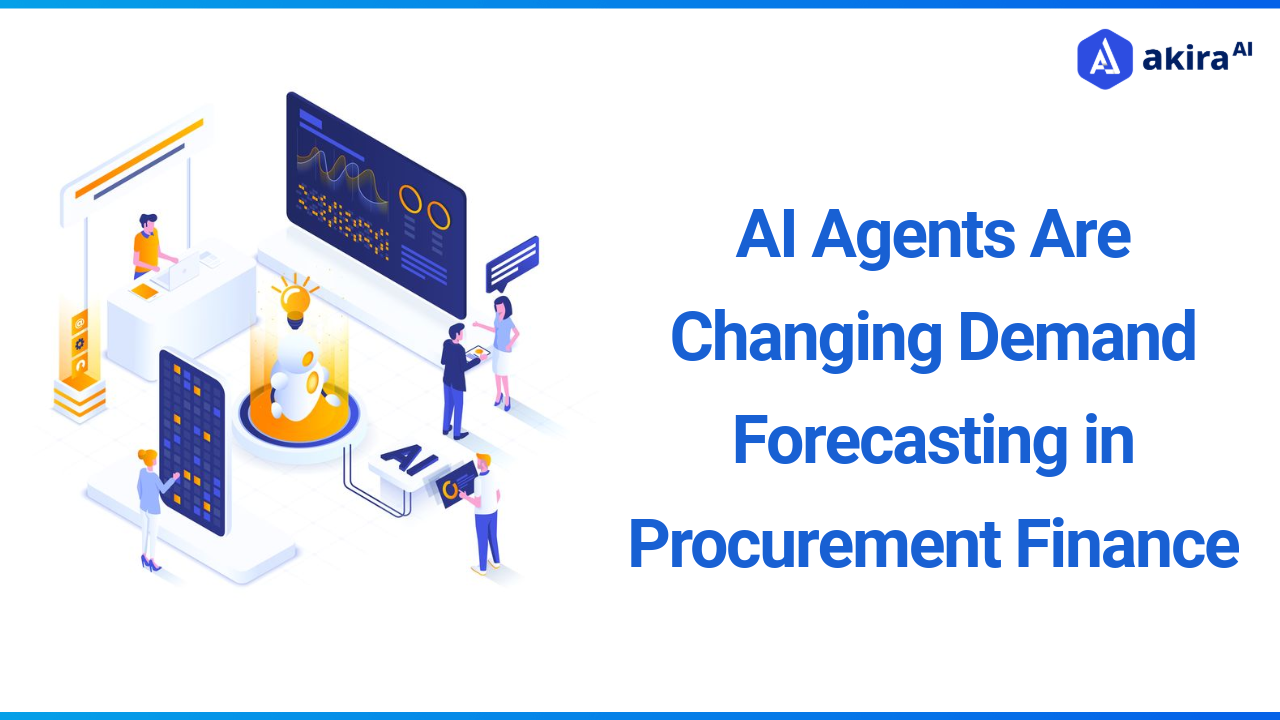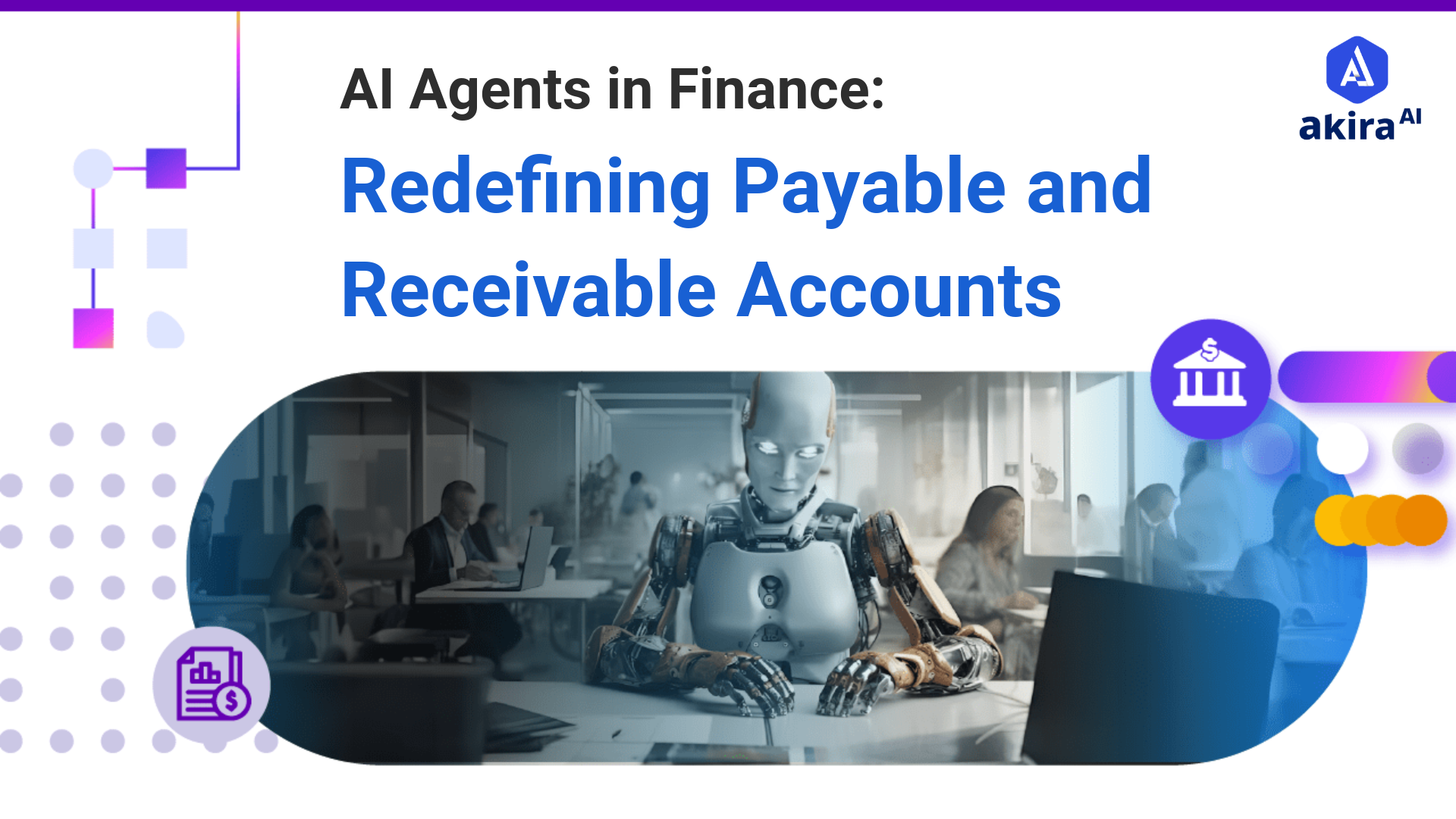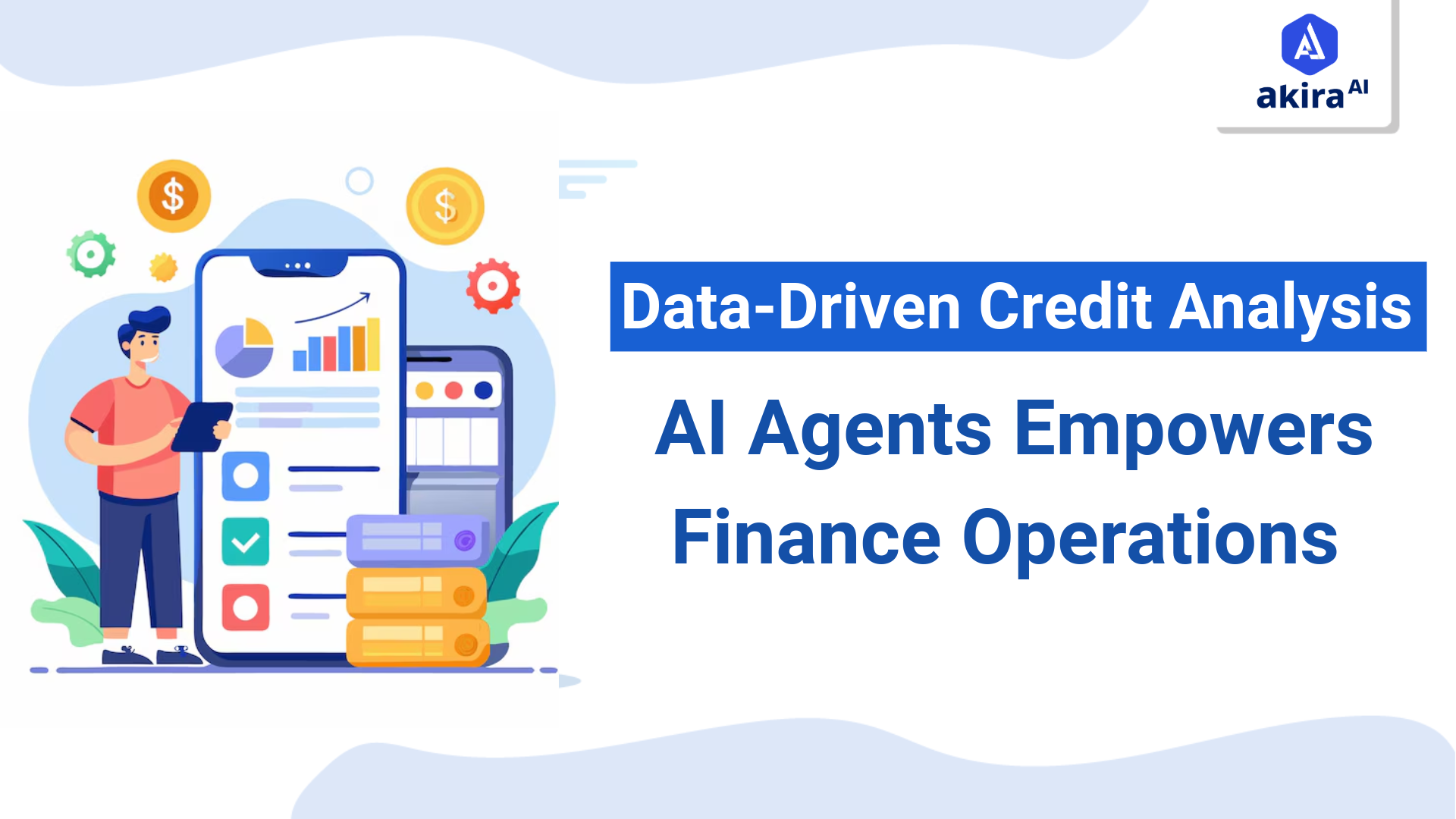The financial landscape is constantly evolving, as seen with the recent cryptocurrency that surged by 6,000% within hours of its launch, highlighting the volatility that investors must navigate. Traditional financial advice often falls short in such rapidly shifting markets. However, there is a growing shift toward personalized financial recommendations that are more adaptable and tailored to individual needs and real-time market conditions.
AI Agents are reshaping how individuals receive investment guidance. By processing vast amounts of market data and personal preferences, these systems can offer recommendations that align with an investor's unique goals and risk profile. With this approach, investors are empowered to make more informed decisions, optimize their strategies, and respond to changes in the market more effectively.
This blog delves into how personalized financial recommendations are transforming the investment experience, offering a smarter, more responsive approach to managing wealth.
What are Personalized Financial Recommendations?
Personalized financial recommendations represent customized financial advice tailored to an individual's unique circumstances, goals, and preferences. These recommendations consider multiple factors:
-
Personal financial situation and goals
-
Risk tolerance and investment preferences
-
Income and spending patterns
-
Market conditions and economic factors
The recommendations span various financial aspects, including investment strategies, retirement planning, tax optimization, and budget management. For example, an investor’s portfolio can be adjusted based on fluctuating market conditions or changing personal circumstances, such as retirement goals, income levels, or risk preferences. This approach not only enhances the relevance of financial advice but also empowers individuals to make more informed decisions with greater confidence.
A Brief Overview of Personalized Financial Recommendations with AI Agents
Personalized financial recommendations powered by AI agents are transforming how individuals and businesses receive financial advice. These systems use advanced algorithms to analyze vast amounts of data from multiple sources, including personal financial records, market conditions, and broader economic trends. The goal is to provide tailored advice that aligns with an individual’s unique financial situation, goals, and risk tolerance.
Agentic AI can track users' financial behavior and preferences over time, using machine learning to refine and adjust advice as personal circumstances evolve. They can suggest specific investment opportunities, savings strategies, retirement planning, or debt management solutions, all while considering factors like age, income, and long-term financial objectives. For example, an AI-driven platform might recommend a shift in investment strategy based on market movements or changes in personal goals, ensuring that the financial advice remains relevant and impactful.
Traditional vs Agentic AI Financial Recommendations
|
Aspect |
Traditional Approach |
Agentic AI Approach |
|
Data Analysis |
Limited to available human capacity |
Comprehensive analysis of vast datasets |
|
Response Time |
Hours to days |
Real-time or near-real-time |
|
Personalization Level |
Generic recommendations based on broad categories |
Highly personalized based on individual patterns |
|
Cost Efficiency |
High operational costs |
Scalable with lower per-client costs |
|
Market Monitoring |
Periodic reviews |
Continuous monitoring and updates |
|
Risk Assessment |
Based on standardized models |
Dynamic risk evaluation using multiple factors |
|
Adaptation Speed |
Slow to adapt to changes |
Immediate adaptation to market changes |
Akira AI: Multi-Agent in Action
 Fig1: Architecture Diagram of Personalized Recommendation in Finance
Fig1: Architecture Diagram of Personalized Recommendation in Finance
-
Data Collection Agent: This agent gathers diverse financial data, including market trends, client profiles, and transaction history. It creates comprehensive profiles that inform personalized recommendations. By collecting data from multiple sources, it ensures recommendations are based on current, accurate information.
-
Analysis Agent: The analysis agent processes raw data to uncover patterns and identify risks. It provides insights from market trends and client behavior, helping shape informed financial strategies. It simplifies complex financial information, ensuring tailored solutions based on the client’s needs.
-
Strategy Agent: This agent develops personalized financial plans that align with the client’s goals and risk tolerance. It optimizes asset allocation, tax efficiency, and investment strategies. By continuously adapting to changes in the client's financial situation, it helps ensure long-term financial success.
-
Portfolio Agent: The portfolio agent executes trades, rebalances investments, and monitors performance. It ensures the portfolio aligns with the client’s goals by adjusting asset allocation as needed. Through regular tracking, the agent maintains optimal investment strategies and mitigates risk.
-
Communication Agent: Acting as a bridge between the Agent system and clients, this agent delivers personalized financial insights. It provides updates, responds to queries, and educates clients on financial decisions. By maintaining communication, it ensures clients stay informed and confident in their financial strategies.
Use Cases of Personalized Financial Recommendations
-
Investment Portfolio Management: This area involves optimizing a client’s investment portfolio to align with their financial goals and risk tolerance. It includes portfolio rebalancing to maintain target asset allocation, optimizing asset allocation based on market conditions, implementing risk management strategies, and performing tax-loss harvesting to minimize tax liabilities.
-
Retirement Planning: Retirement planning focuses on creating strategies to secure long-term financial well-being. This includes developing goal-based savings plans, optimizing Social Security benefits, planning for healthcare costs, and designing income distribution strategies to ensure sustainable retirement income.
-
Debt Management: Effective debt management provides clients with actionable strategies to manage and reduce debt. It involves recommending debt consolidation options, optimizing interest rates, scheduling payments efficiently, and implementing strategies to improve credit scores over time.
-
Budgeting and Savings: Budgeting and savings planning help clients manage daily finances and build wealth. This includes categorizing expenses, identifying savings opportunities, tracking progress toward financial goals, and optimizing cash flow to create a sustainable budget that aligns with long-term objectives.
Operational Benefits Personalized Financial Recommendations
-
Enhanced Decision-Making: By analyzing vast amounts of financial data, tailored recommendations help clients make informed decisions about investments, savings, and asset allocation. This reduces human error and provides insights aligned with their financial goals.
-
Increased Operational Efficiency: Automating tasks like data analysis and portfolio management allows financial teams to focus on high-value tasks. This streamlining of operations leads to higher productivity and a more efficient workflow.
-
Cost Reduction: Automation in tasks like risk assessment and portfolio tracking reduces the need for large teams of advisors. This drives down operational costs, allowing firms to provide quality services at a lower cost.
-
Improved Client Satisfaction: Offering personalized financial advice strengthens client relationships. Recommendations tailored to specific goals create a more engaging experience, leading to greater client satisfaction and loyalty.
-
Scalability: Automated processes enable firms to serve a broader range of clients without a proportional increase in resources. This makes it easier to expand services while maintaining the same level of personalized attention.
-
Real-Time Adaptability: The ability to process data quickly ensures that financial strategies can be adjusted in real-time, adapting to market changes or shifts in clients’ financial circumstances. This ensures continuous relevance in an ever-changing market.
Technology Transforming Used for Personalized Financial Recommendations
-
Machine Learning Algorithms: Supervised learning creates predictive models using labeled data to forecast outcomes like stock prices. Unsupervised learning uncovers hidden patterns without labels, aiding in client clustering and anomaly detection. Reinforcement learning optimizes portfolio management by learning from past actions and rewards.
-
Natural Language Processing (NLP): NLP analyzes client communication to gauge sentiment and preferences, enabling personalized services. It also extracts and organizes data from unstructured sources, enhancing operational efficiency. Sentiment analysis provides insights into public and client emotions.
-
Deep Learning Networks: These networks recognize complex patterns in large datasets, aiding in fraud detection and customer behavior analysis. They analyze market data to predict trends and adjust investment strategies, while also improving risk assessment for credit scoring and loan approvals.
-
Predictive Analytics: This is vital for forecasting market trends and client behaviors, enabling proactive, data-driven decisions. It identifies potential risks, such as market downturns, and helps optimize performance by pinpointing success factors for strategic adjustments.
Future Trends of Personalized Financial Recommendations
-
Integration of Predictive Analytics: Financial services will increasingly rely on predictive analytics to forecast market trends, client behaviors, and investment opportunities. By leveraging vast datasets and machine learning models, firms can anticipate client needs and offer proactive recommendations tailored to future financial scenarios. This will enable clients to make smarter, long-term decisions.
-
Holistic Financial Ecosystems: The future will see a more integrated approach where financial recommendations extend beyond investments to include tax planning, estate management, and retirement planning. These holistic systems will provide clients with a comprehensive view of their finances, consolidating data from multiple sources to offer more accurate and customized guidance.
-
Real-Time Adaptive Strategies: As financial markets become more volatile, personalized recommendations will adapt in real-time. This could mean automated portfolio adjustments, instant tax optimization strategies, and dynamic financial advice that reacts to changing market conditions, personal circumstances, or global events.
-
Greater Emphasis on ESG Criteria: With the growing interest in sustainable investing, personalized recommendations will take environmental, social, and governance (ESG) factors into account. Financial advisors and automated systems will recommend investments aligned with clients' values, supporting more conscious and ethical investment choices.
Conclusion: AI Agents for Personalized Financial Recommendations
The integration of AI agents in financial recommendations marks a major advancement in personal finance management, offering unparalleled personalization, efficiency, and accuracy in advisory services. As technology evolves, we can anticipate even more sophisticated solutions that will transform financial management. The effectiveness of AI-powered recommendations stems from their ability to process large data sets, adapt to changing conditions, and deliver timely advice. The multi-agent approach provides comprehensive financial planning while remaining flexible to individual and market needs. For financial institutions and advisors, adopting these technologies is essential not just for competitiveness but for enhancing client service and achieving better financial outcomes. The future of financial advisory services will increasingly rely on the synergy of human expertise and AI capabilities.
Dive into AI Agents for Regulatory Code Consulting
Explore More Accounting Processes in Finance


